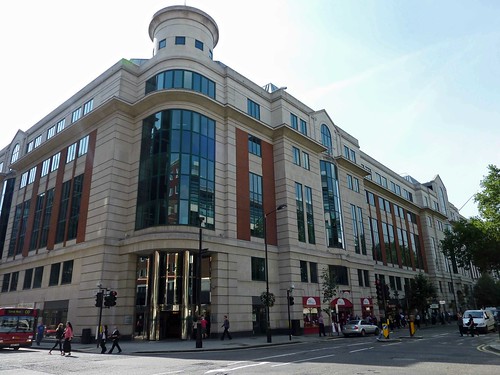
Whitehall blunders over the now-scrapped West Coast Main Line rail franchise has led to the suspension of three Department for Transport (DfT) officials.
They were suspended by Permanent Secretary Philip Rutnam after Transport Secretary Patrick McLoughlin laid the blame for the fiasco "wholly and squarely" on the DfT.
A DfT spokesman said: "Three officials involved in the West Coast franchise competition were today suspended by the Permanent Secretary while the full facts are established. No further details will be issued at this time about the suspensions."
There will be a £40 million cost to taxpayers of the scrapping of the process which would have meant Sir Richard Branson's company, Virgin Rail, losing its West Coast contract to rival transport company FirstGroup.
Mr McLoughlin pulled the plug on the whole process early on Wednesday, saying "unacceptable mistakes" were made by the DfT in the way it managed the franchise bids from FirstGroup, Virgin and two other companies.
Describing the bidding process as "flawed" and "insane", Sir Richard had launched a legal challenge to the FirstGroup decision. Having intended to contest the challenge, Mr McLoughlin is now dropping his opposition, cancelling the West Coast franchise competition and ordering two independent inquiries into what went wrong with the West Coast process.
Mr McLoughlin said he was "very angry" about what had happened: He went on: "The original model didn't take into account inflation and also some elements of the passenger number increases over a number of years. I want to make it absolutely clear that neither FirstGroup nor Virgin did anything wrong. The fault of this lies wholly and squarely with the DfT. Both of those two companies acted properly on the advice that they were getting from the Department."
Mr McLoughlin has put on "pause" the bidding process for three other rail franchises. FirstGroup said it was "extremely disappointed" at the news, adding that it had submitted "a strong bid, in good faith and in strict accordance with the DfT's terms".
Sir Richard said the decision showed that the whole bidding process was fundamentally flawed.
"Hopefully, as a result of this fiasco, a new system can be put in place that will be good for the passengers, good for the taxpayer and good for the operators," he added.
The Press Association, photo by lesteph


































